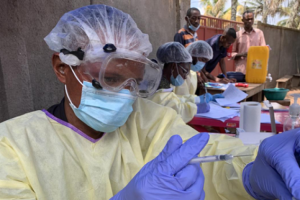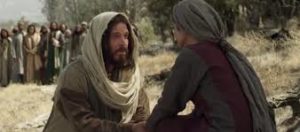 As exemplified by the ongoing coronavirus disease (COVID-19) pandemic major infectious diseases and epidemics have devastating impacts on human lives, wreaking havoc on long-term social and economic development. Global health crises threaten to overwhelm already overstretched health systems, disrupt global supply chains and cause disproportionate devastation of the livelihoods of people, including women and children, and the economies of the poorest and most vulnerable countries.
As exemplified by the ongoing coronavirus disease (COVID-19) pandemic major infectious diseases and epidemics have devastating impacts on human lives, wreaking havoc on long-term social and economic development. Global health crises threaten to overwhelm already overstretched health systems, disrupt global supply chains and cause disproportionate devastation of the livelihoods of people, including women and children, and the economies of the poorest and most vulnerable countries.
There is an urgent need to have resilient and robust health systems, reaching those who are vulnerable or in vulnerable situations.
In the event of the absence of international attention, future epidemics could surpass previous outbreaks in terms of intensity and gravity. There is great need of raising awareness, the exchange of information, scientific knowledge and best practices, quality education, and advocacy programmes on epidemics at the local, national, regional and global levels as effective measures to prevent and respond to epidemics.
It is important to strengthen epidemic prevention by applying lessons learned on epidemic management and how to prevent the stoppage of basic services, and to raise the level of preparedness in order to have the earliest and most adequate response to any epidemic that may arise, and recognizing also the value of an integrated One Health approach that fosters integration of human health, animal health and plant health, as well as environmental and other relevant sectors.
 C’est bien ce qui se déroule dans la scène qui nous est proposée.
C’est bien ce qui se déroule dans la scène qui nous est proposée.